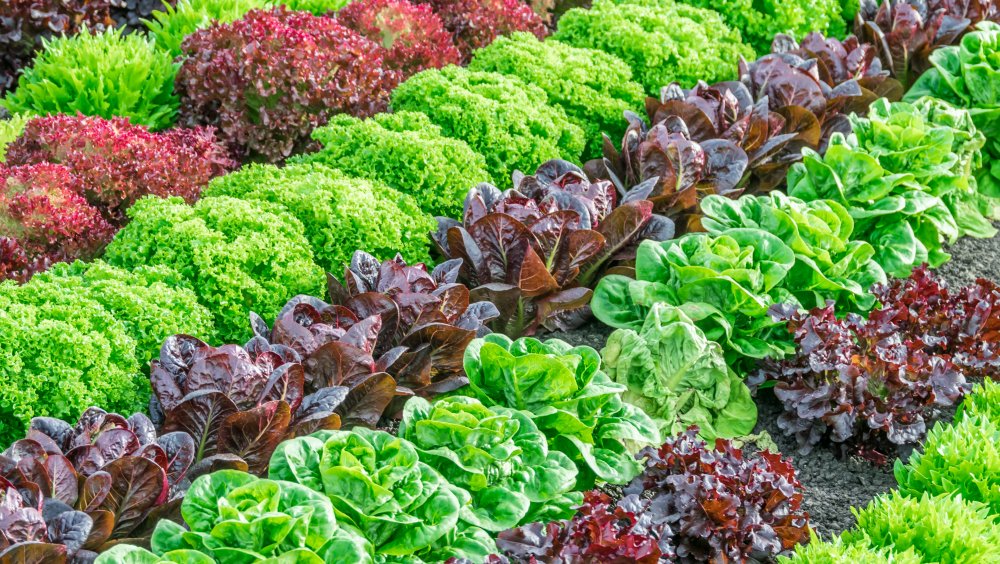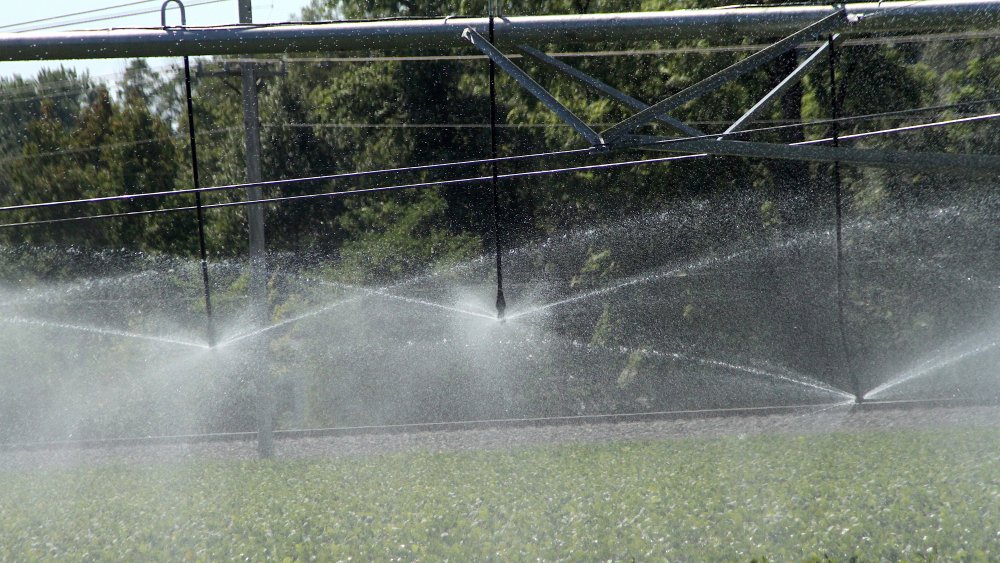How The FDA Is Safeguarding Against Lettuce Recalls In 2020
Recently, the FDA announced its 2020 Action Plan to safeguard against lettuce recalls. The plans to keep salad and sandwich greens safe were outlined in an FDA blog post authored by Stephen M. Hahn, M.D., Commissioner of Food and Drugs, and Frank Yiannas, Deputy Commissioner for Food Policy and Response. Dr. Hahn said, "While millions of servings of leafy greens are consumed safely every day, this produce commodity has been too often implicated in outbreaks of foodborne illness."
In fact, the report notes that between 2009 and 2018, FDA and Centers for Disease Control and Prevention (CDC) identified 40 foodborne outbreaks of Shiga toxin-producing E. coli (STEC) infections in the U.S. with a confirmed or suspected link to leafy greens. Yuck!
So how will the FDA help keep your go-to lettuce greens safe?
The government agency is looking to do this through several different paths. Yiannas told Food Safety News, "The plan is a mix of all the work going on as well as new efforts."
Because leafy greens are grown outdoors, for the most part, this means they come into contact with soil, animals, and water, all of which can be a source for bacteria to contaminate the greens you put in your favorite salads. This has spurred the FDA to concentrate on three areas for improvement: prevention, response, and knowledge gaps/education.
FDA focuses on water quality to protect lettuce
To accomplish its goals, the FDA states that it plans to implement the FDA Food Safety Modernization Act (FSMA) Produce Safety Rule that established standards for the safe growing, harvesting, packing, and holding of produce. A big focus of this plan is on increasing water safety and ensuring purification standards are exercised and met. According to Food Safety News, FDA officials plan to publish a new federal rule for agriculture water standards by the end of 2020.
Additionally, the agency plans to step up its scrutiny of third-party auditors. Third-party auditors are the organizations who certify a food is safe and has been grown, harvested, packed safely, and stored properly to be sold to the consumer. Yiannas told Food Safety News, "We are already working with third-party auditing firms to let them know they are not doing a good job and we have already made progress." However, it is unclear how the FDA will discipline or fine third party auditors who are failing to uphold these standards.
The final (and perhaps most important) aspect of this FDA plan to keep our lettuce safe is identifying knowledge gaps. Yiannas emphasized that there is a need for further education as to how pathogens like E. coli contaminate our food and through the development of new sciences we can find ways to eliminate these "microbial hazards" to ensure our greens are indeed safe.

